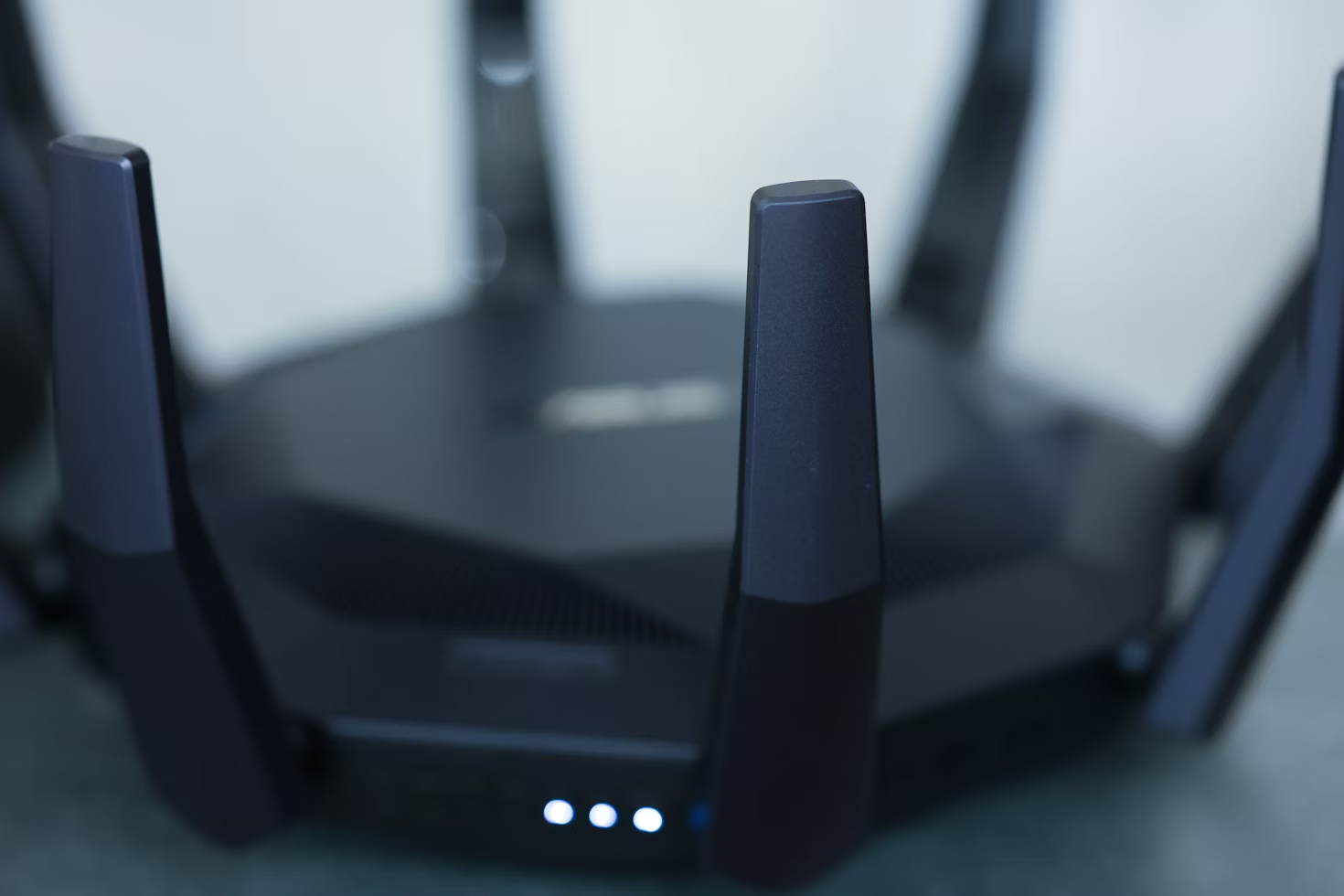
The Hidden War Over Your Digital Life
Imagine a world where all roads are free and open. Anyone can travel anywhere without tolls or roadblocks, whether it’s a bicycle or a truck. This was the vision of net neutrality, the principle that Internet Service Providers (ISPs) should treat all data on the internet equally, without discriminating by user, content, site, platform, or application.

Net neutrality was first coined in 2003 by law professor Tim Wu. It’s a concept rooted in the egalitarian spirit with which the internet was born — a digital space intended to be open and free. This spirit is similar to the Communications Act of 1934, which regulated common carriers like telephone services, ensuring they provided consistent service without preference to any customer.
However, as the internet grew from a network of academic and government computers into a global phenomenon, questions arose about who owns and controls these information roads. ISPs, such as AT&T and Comcast, became the gatekeepers of the internet’s infrastructure, owning the cables and satellites that connect us all.
Over time, the ISPs argued that managing this traffic requires the ability to regulate the flow and essentially, to put up toll booths and speed limits on different lanes of the internet. This led to a tug-of-war between those advocating for the open roads of net neutrality and ISPs who wanted to manage their networks for profit.
The Federal Communications Commission (FCC), a government body overseeing communications, played a pivotal role in this battle. They sometimes treated ISPs as common carriers, enforcing net neutrality rules. At other times, they relaxed these rules, allowing ISPs to prioritize certain data lanes over others.
Critics argue that without net neutrality, ISPs could create fast lanes for companies that can afford to pay more, leaving startups and smaller voices in the slow lane, effectively controlling who gets heard on the internet.
Meanwhile, tech giants like Google and Amazon have entered the fray, laying their cables and potentially gaining significant sway over the internet’s infrastructure, raising concerns about the concentration of digital power.
As it stands today, the FCC is reconsidering net neutrality rules, aiming to reinstate the open-road policies of the internet. The ongoing debate reflects a broader discussion about digital rights, freedom, and the role of corporations and governments in the digital age.
While no single entity owns the internet, its governance and regulation are shared among various organizations like the WC3 and ICANN, which set standards to keep the internet operational and consistent worldwide.
We hope you enjoyed this quick article, tomorrow we will be diving deeper into the complexities of net neutrality. Make sure to follow us on Twitter and join our Discord and Telegram.



































